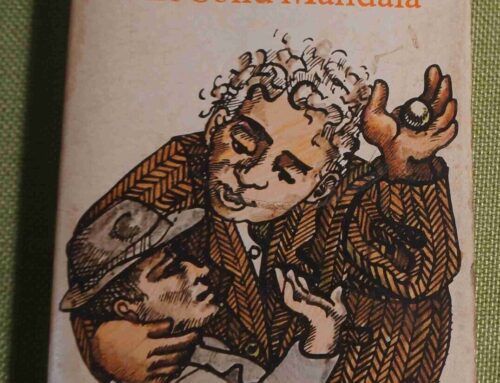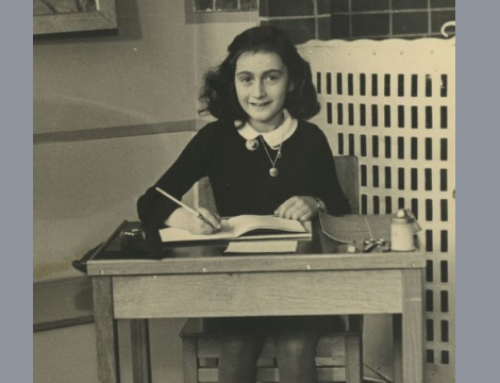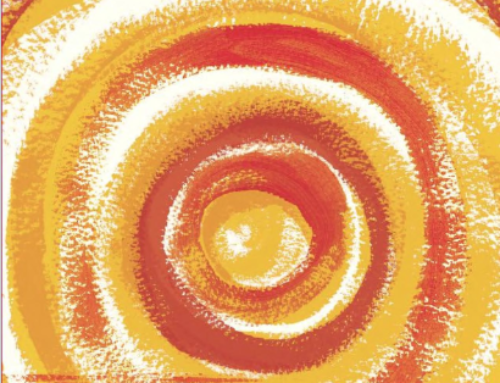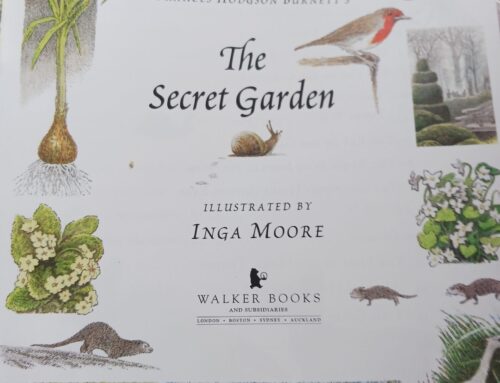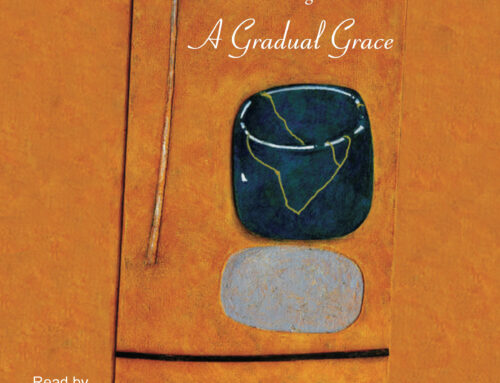
Long as I have lived (a year less than the Israeli writer Amos Oz, who died recently) I have not read any books by Israeli writers. Until I started reading Amos Oz’s memoir, A Tale of Love and Darkness, on the recommendation of a friend. Wow! Why did it take me so long? I’ve never read a memoir—or a book, for that matter—like it.
How to begin to describe it? Start with broad strokes. It’s both an inner memoir, about the experiences of a sensitive, gifted child born to an oddly matched couple: his father, Arieh, from Vilna in Poland; his mother, Fania, from Rovno, then in Poland, now in Ukraine. Both their families had been forced to join the diaspora by the ” violent hatred of Jews that filled the streets of Europe in the mid-thirties and spread to the universities.”
Much of the first third of the book fills in for us a complex historical context for Oz’s family, the backgrounds of mother and father and their parents. The overriding theme is the parents’ and their friends’ nostalgia for Europe, for the rich culture they had left behind. This background is set against the present reality of their impoverished life in a poor quarter of Jerusalem, crammed into a tiny two-room basement flat, the father working as a librarian in the daytime and labouring at night over his card index, the mother keeping meticulous house in the mornings, and reading and dreaming in the mornings and into the night. Arieh was a would-be scholar, master of many languages, with a remarkable memory, a passion for etymology, and an encyclopedic knowledge. He was also a Zionist, though afraid of their bombs and rifles, and an atheist. His flaw, as identified by Oz, was his pedantry and lack of a sense of humour; he was a chatterbox, afraid of silences, and “endeavoured always to be pleasant and amusing, and endlessly repeated the same repertoire of jokes…”. His dream was to be an academic like his famous uncle Joseph, who had written his magnum opus on Jesus of Nazareth.
Fania, on the other hand, was a dreamer, an observer and a storyteller, and filled her receptive son with stories haunted by the supernatural and the unheimlich, the uncanny, the weird, the unexplained. Her stories contain happenings and actions from the dark side of life, filled with mythic and gothic overtones.”My father had a weakness for the momentous, whereas my mother was fascinated by yearning and surrender.” Just as Arieh was disappointed in his dream of being a lecturer, even a professor, Fania was disappointed, Oz imagines, by her life as a bourgeois housewife, and found her escape in reading.
Amos gets his passion for storytelling from her, but adapts it to his own latter-generational consciousness, which shifts in his teenage from the stereotypes of the heroic, the gothic and the romantic to a recognition of the everyday, ordinary, tawdry reality of life.
… I suddenly realised that the written world does not depend on Milan or London, but always revolves around the hand that is writing whereever it happens to be writing: where you are the centre of the universe.
A profound revolution in consciousness for a teenage boy, and a liberation from the ghosts and hauntings of his past into the real world he inhabited.
Fairly early in the memoir, we discover that Oz’s mother died by her own hand when he was twelve-and-a-half, and she was 37. He tells us of his hurt and anger:
I was angry with her for leaving without saying goodbye, witout a hug, without a word of explanation… all through my childhood, she had never left me alone at the grocer’s, or in a strange courtyard, or in a public garden. How could she have done it?
The anger subsides, and in its place comes self-loathing. The story circles away from this question, to which there is no answer apart from the false one that she couldn’t love him because he didn’t deserve it. But in later, gentler passages, we are given a picture of her increasing depression and insomnia, her migraines, her despair. In the final chapter, he reconstructs the hours before her death, which took place when she was away from her husband and child. The book ends on a mourning note, reprising a refrain that runs through his childhood, of a little bird that inhabited the garden and sang over and over the five opening notes of Fur Elise by Beethoven—’Ti-da-di-da-di…”
…and she did not wake up in the morning either, or when the day grew brighter, and from the branches of the ficus tree in the garden of the hospital the bird Elise called to her in wonderment and called to her again and again in vain and yet it went on trying over and over again and it still tries sometimes.
The death of his mother is both the central theme of the book and the framework for young Amos’s development, from a precocious, dreamy, talkative bookworm, to a worker in a kibbutz and a fledgling writer. Yet the mother’s decline and death does not dominate the story. It is always there, looming in the background, but a rich tapestry of daily life and memorable moments from Oz’s childhood are woven over it. This is where I find it impossible to give an adequate review of this book, for it is so full of riches that I can only pick out one or two. I noted that it is both an external and internal memoir. There is a long section that describes the events leading to the partition of Palestine into two independent states, the withdrawal of the British, the ensuing war and the siege of the Jewish sector of Jerusalem. The siege lasted several months, and there was starvation, overcrowding and great suffering. Oz gives both historical facts and personal memories to create a dense picture of the time, and includes facts about atrocities committed on both sides, and by the British, whose position was apparently incoherent, partisan and self-serving.
Other sections of the book give us vivid close-ups of Amos’s life with his parents and their extended family and friends, his experiences of school, his troubled emergence into puberty, developing perception of others and the stories he imagines they inhabit, and his adolescent shame over his parents and their community.
…they were so alien, so burdensome. They belonged to the Diaspora. They were the generation of the wilderness. They were always full of demands and commands, they never let you breathe… And so at the age of fourteen and a half, a couple of years after my mother’s death, I killed my father and the whole of Jersualem, changed my name, and went on my own to Kibbutz Halda to live there over the ruins.
The last section of the book tells us more of his life on the kibbutz and the evolution of his spirit. The decline and death of his father from a heart attack is movingly narrated.
He left his body to science and I inherited his desk. These pages are being written on it, not tearfully, because my father was fundamentally opposed to tears, particularly in men.
The book closes, as I mentioned, with an account of his mother’s death, and ends with the sad broken refrain of the Elise bird.
This book has enriched my life, given me rich understanding of what it meant to be Jews who had fled persecution and the slaughter of millions, to make a life in a country remote in every way from the European countries they had inhabited, to go through the agonies of partition and struggle to create a way of life that would give them space to be themselves and a measure of safety. Layered upon that, it has given me a vivid, finely nuanced picture of the development of a gifted, creative child in a family psyche that has deep fracture lines, and the child’s emergence from this into an extraordinary career as a writer. Oz made a place for himself and his wife and children in a developing nation torn by their inheritance of a tragic past and by their struggle to create a space for themselves in an alien country surrounded by enemies. While he allows the reader to understand how it felt to be Jewish, he also empathically reflects on how the presence of the Jews displaced and dispossessed the natives of the country. No answers emerge, but understanding does.
